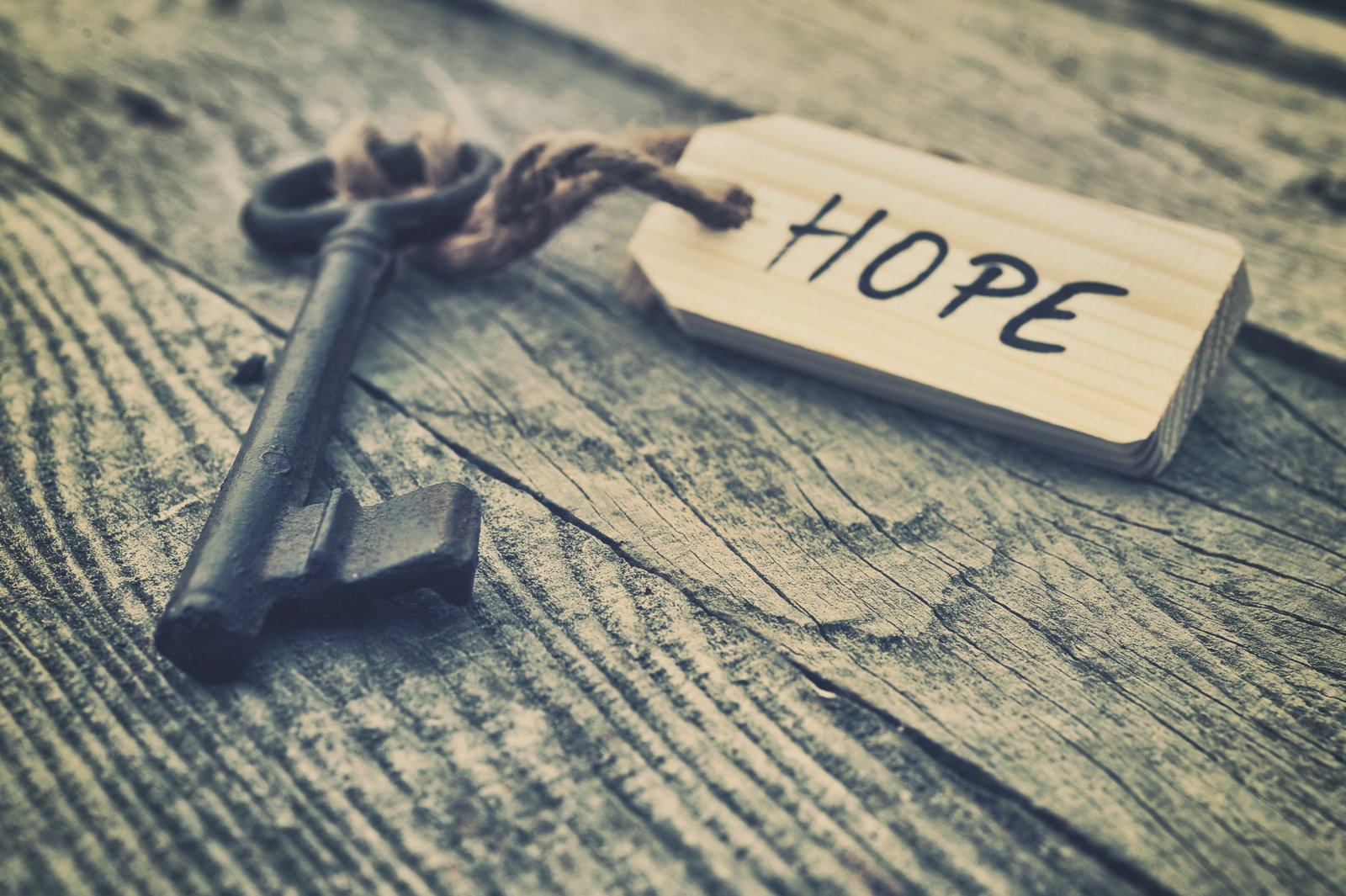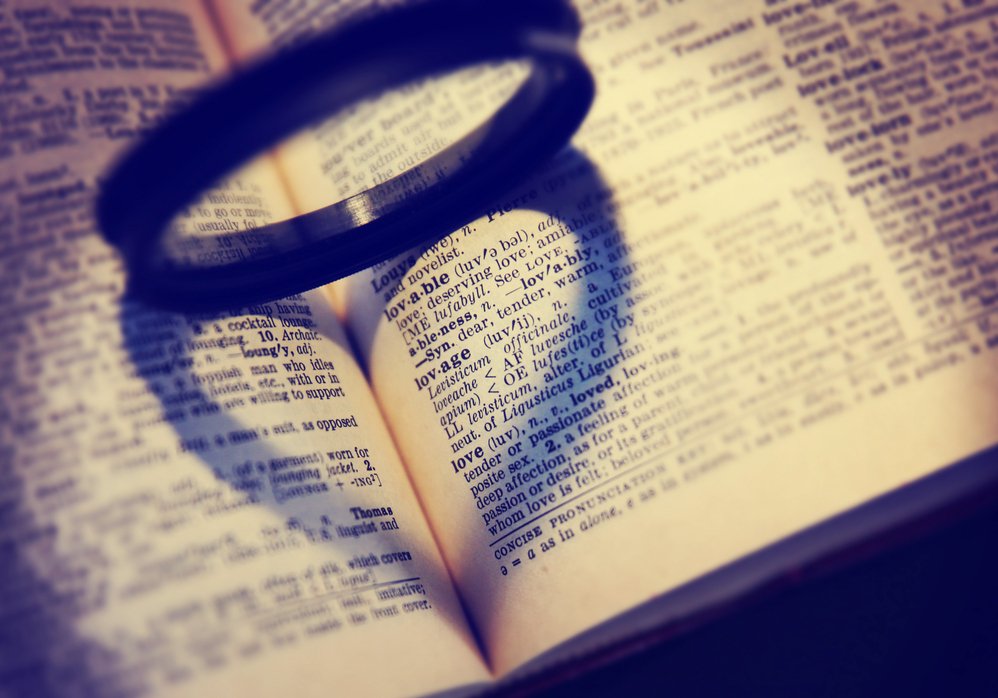
Moving on from a “failed” marriage is hard. Definitely harder than I imagined before finally admitting that it was indeed “failed” (a term I hate btw, but more on that another time). There are many aspects about my divorce that have left their permanent marks on me. One of the most profound is my relationship with commitment and marriage.
When my first husband proposed I was delighted. My future lay clearly before me and when we later exchanged marriage vows I meant every single word of it.I adored him and believed, whole heartedly, that we were meant to be together. We would have a family and a long, happy life, growing old together. I knew, without (much) doubt that marrying him was the most ‘right’ thing I could do.
But after well over a decade together (before and after marriage) that was no longer true. He was no longer the man I had fallen in love with or perhaps I was no longer the woman who’d fallen in love with him. Maybe both.It wasn’t quick or sudden. It failed over time. We weathered a few significant life dramas, which, at the time, I believed strengthened us, in reality they set rot at our core. I could see little bricks coming down around me and I tried hard to patch and work with him to shore. Then it was over. The life I thought I’d have had gone and in its place was another.
For an unbearably long while everything was uncertain. My future was shrouded in the gloom of the sadness of my past. It felt like I stepped behind a frosted glass window, I could no longer see a clear future, only scary blurry shapes and colours. If I could be so sure and then so completely unsure, how could I trust that it wouldn’t happen again?
My faith in the whole idea of marriage took flight. I believed it outdated, controlling, irrelevant, and overly romantic. True commitment is a myth. Marriage is just a trap. The risk of “failure” to make it work is too high. I wasn’t going to let anyone scream at me again for not ‘honouring’ them. Simple solution, don’t commit. Not a problem until I fell in love again and, in time, the question of serious, public, commitment loomed over me in a very real way.
The term ‘boyfriend’ felt good in my late 30’s mouth, it sounded cool, a bit edgy, maverick and gelled well with my strengthening feminism. At the same time, it had an air of impermanence. It felt that to others we did not appear as solid as we were. It felt that my boyfriend’s involvement in my life, for he had left his world to enter mine in all ways, could be seen as peripheral or transient. As though we were simply playing at happy families but without any real commitment to the game.
But it wasn’t just about how we appeared to others, it was how we appeared to us. My partner didn’t have any issues with eschewing formal commitment, but I felt that I needed to demonstrate my deep commitment to him. After all I had put us through over the years, all the doubt and fears I’d shared with him. I needed to show him that I knew he was different, we were different and that I trusted in us.
I spent months chewing over the issue of marriage.
Scenario A – Allow the trauma of my past to frame my view of the future. Refuse to truly engage romantically and lock myself away emotionally. Work to resist the compulsion to commit, fearing it will all fall apart eventually. Keep myself safe and protected from the potential disaster of failure. Calm the fear by refusing to partake in that ‘charade’ again.
Scenario B – Pick myself up and try again. Trust that we make our own joy in our short lives. At least try to make the fantasy a reality. Believe that I was worthy of happiness and strong enough to deal with whatever the future may hold.
Even if I was ready to make a public commitment, could it be with a tradition that has its roots in politics, ownership, wealth, power and misogyny. Too many wedding day traditions draw on stereotypical gender roles that reinforce ‘traditional’ gender imbalances between men and women.
The man takes charge through proposing, the white dress symbolic of purity and virginity, the ‘giving away’ of the bride by the father, the expectation that the bride will take her husband’s surname, being of his family now. Weddings objectify women, with all the focus on their appearance. The ceremony leads with the man’s name throughout as default. Even the formal marriage documents only have space for the name and occupation of the fathers of the bride and groom, the mothers don’t get a mention. And the idea that marriage is only between members of the opposite sex maintains this outdated concept of each party knowing their set roles.
Although it is of course possible to tailor a wedding, deviations from tradition are met with raised eyebrows questioning looks and indulgent sighs.
When I tried to discuss my conflict regarding marriage I found very little help. Friends and family seemed to either be in favour of marriage or against it, and their response was largely emotive. I just think that most people simply don’t think about their first marriage in this way. I wonder if it would have been different if I’d spoken to more people in second or third marriages?
But slowly I uncovered what marriage meant for me and for my current relationship. It is a public declaration and statement of love and commitment.
Simple! So next up was what was really holding me back? Which was fear of course. I tried it once and it didn’t work out and so I was scared that I could get it wrong again. Better not to try right? But not doing something for fear is no choice at all. I was letting my past, my ‘failed marriage’ even my ex-husband, decide my future and that was not the woman I wanted to be any more. So I decided to go with scenario B and believe that it will all be just fine.
Of course after all the fuss I’d made about marriage I had to do the asking, he was never going to do that! But being the proposer was also a way for me to retain control of the situation and to be clear to myself, him and everyone that this as an active and conscious choice.
More women should propose, for this and many other reasons. We have a right to be active in our lives, we do not have to be passive participants. We do not have to let or expect men to take all the risks and make all the moves. By making some ourselves we demonstrate not just to our partners, and everyone else, but also to ourselves, that we are choosing this. Perhaps that will help us truly engage with that choice.
Just because marriage has traditionally been an institution which is both dominated by and favours heterosexual men, does not mean it cannot be re-imagined. We can turn this into the joining of two loving, committed and above all, equal people in a binding life-partnership. A public statement of intent and promise to do the best to lift one another up and support each other through the ups and downs that even the most blessed lives will experience. A celebration of love and caring and a promise to still be there in the morning, every morning.
But like all attempts to achieve equality, we have to work to re-shape it. It’s not just going to happen by itself!



Brutally honest, clearly developed and beautifully crafted!